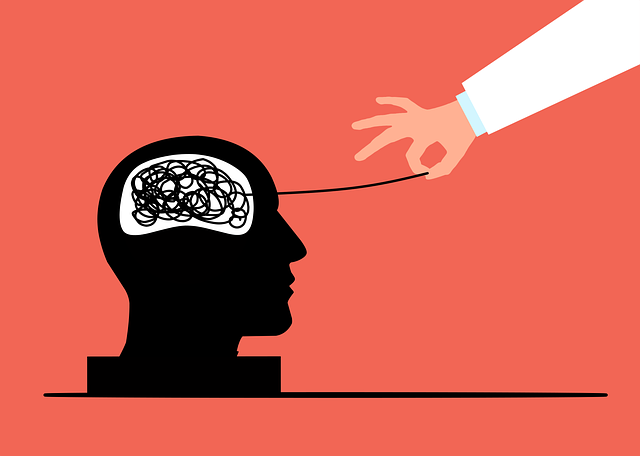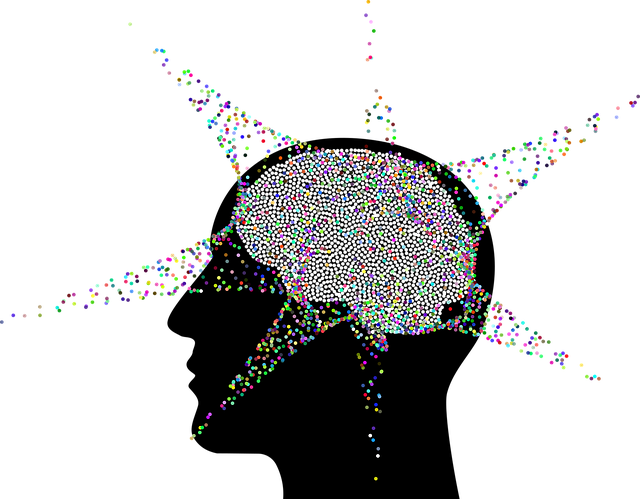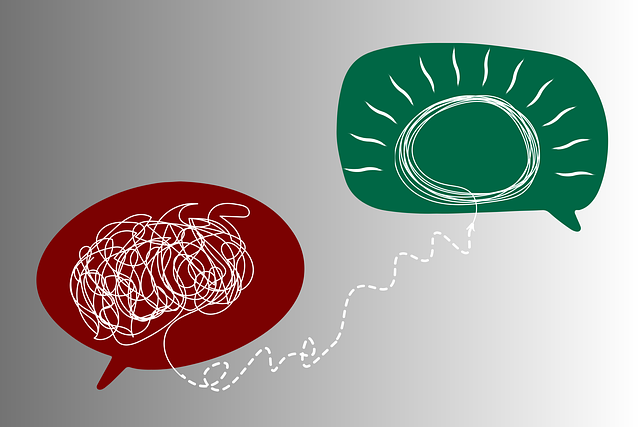Evaluating Northglenn Anger Management Therapy (NAMT) is crucial for understanding its impact on community mental wellness. Researchers assess changes in attitudes, behaviors, and emotional regulation skills through pre- and post-program assessments, tracking progress over time, and collecting feedback via surveys or interviews. This reveals improvements in stress management, coping mechanisms, and social interactions, as well as the program's reach across diverse demographics. Participant feedback and satisfaction surveys identify strengths and areas for improvement, while behavioral observations offer qualitative data guiding program adjustments. Comparative analysis against benchmarks and historical data ensures NAMT adheres to evidence-based practices and fosters a supportive, inclusive environment within Northglenn.
Evaluating mental wellness programs, particularly Northglenn Anger Management Therapy, requires a multi-faceted approach. This article explores four robust evaluation methods that assess the efficacy of these therapy programs. We delve into assessing impact through participant feedback and satisfaction surveys, behavioral observations for progress tracking, and comparative analysis against industry benchmarks. By employing these strategies, mental health professionals can gain valuable insights into the success of Northglenn Anger Management Therapy, ensuring continuous improvement and enhanced client outcomes.
- Assessing the Impact of Northglenn Anger Management Therapy Programs
- Participant Feedback and Satisfaction Surveys
- Behavioral Observations and Progress Tracking
- Comparative Analysis: Measuring Success Against Benchmarks
Assessing the Impact of Northglenn Anger Management Therapy Programs

Evaluating the effectiveness of Northglenn Anger Management Therapy (NAMT) programs is crucial to understanding their impact on mental wellness within the community. This involves assessing how these programs contribute to reducing the mental illness stigma and improving overall well-being. By measuring changes in attitudes, behaviors, and emotional regulation skills among participants, researchers can gauge the success of NAMT in fostering positive transformations. Such evaluations are essential for refining program structures and strategies, ensuring that they cater to the unique needs of individuals seeking anger management support.
The process may involve comparing pre-and post-program assessments, tracking participant progress over time, and collecting feedback through surveys or interviews. This data can highlight improvements in stress management techniques, enhanced coping mechanisms, and better social interactions. Additionally, examining the program’s reach and impact on diverse demographics through Community Outreach Program Implementation is vital. Such evaluations ensure that NAMT not only reduces anger-related issues but also contributes to broader mental health initiatives within Northglenn, fostering a more supportive and inclusive environment for all residents.
Participant Feedback and Satisfaction Surveys

Participant feedback and satisfaction surveys are invaluable tools in evaluating mental wellness programs like Northglenn Anger Management Therapy. These surveys provide insights into the program’s effectiveness from the perspective of those directly engaged in it. By gauging participants’ levels of satisfaction with various aspects—such as therapy techniques, facilitators’ skills, and overall program structure—mental health professionals can identify areas that excel and those that need improvement. This data-driven approach ensures that programs like Northglenn Anger Management Therapy remain responsive to the evolving needs of their clientele.
Furthermore, these surveys often delve into participants’ experiences with resilience building, emotional healing processes, and mindfulness meditation—key components in comprehensive mental wellness initiatives. Positive feedback on these aspects can highlight the program’s successful integration of evidence-based practices, while constructive criticism can guide future enhancements, fostering continuous improvement in delivering effective care.
Behavioral Observations and Progress Tracking

Behavioral observations play a pivotal role in evaluating mental wellness programs, especially for issues like anger management, as seen in Northglenn Anger Management Therapy initiatives. Therapists can meticulously document changes in participant behavior over time, noting improvements or setbacks. This qualitative data provides insights into the program’s effectiveness and offers tailored adjustments to meet individual needs.
Progress tracking is a critical component of this evaluation process. By setting measurable goals and regularly assessing participants’ achievements, programs like Northglenn Anger Management Therapy can demonstrate tangible results. This not only aids in identifying successful strategies but also fosters public awareness campaigns development and informs mental health policy analysis and advocacy efforts, ultimately enhancing the overall mental wellness landscape.
Comparative Analysis: Measuring Success Against Benchmarks

A Comparative Analysis is a powerful method to evaluate the effectiveness of mental wellness programs, especially when tailored for specific needs like Northglenn Anger Management Therapy. By measuring success against established benchmarks, professionals can gain valuable insights into what strategies work best for different populations. This approach involves setting clear goals and outcomes, then systematically comparing program results with industry standards or historical data. It’s not just about numbers; it includes qualitative assessments, such as participant feedback and improvements in daily functioning.
This process allows mental health practitioners to fine-tune their programs, ensuring they are evidence-based and aligned with best practices. For instance, a risk assessment for mental health professionals can identify potential triggers or vulnerabilities among participants, guiding the implementation of specific stress reduction methods. Cultural sensitivity in mental healthcare practice is also enhanced through this analysis, as it enables therapists to adapt their approaches to respect diverse backgrounds and needs, ultimately improving outcomes.
Evaluating mental wellness programs, such as Northglenn Anger Management Therapy, is multifaceted. By combining participant feedback through satisfaction surveys, behavioral observations to track progress, and comparative analysis against established benchmarks, we can comprehensively assess the impact of these programs. This holistic approach ensures that improvements are both subjective and objective, offering a true measure of success. By continually refining these evaluation methods, we can enhance the effectiveness of Northglenn Anger Management Therapy and other similar initiatives, ultimately fostering better mental wellness outcomes.














